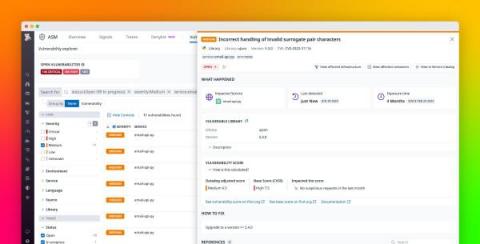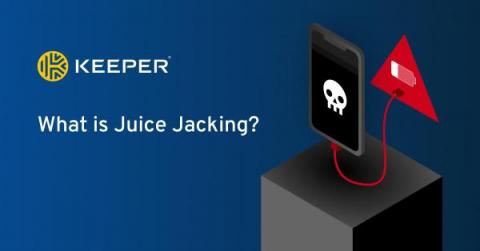Enhance SBOMs with runtime security context using Datadog Application Vulnerability Management
Software today relies heavily on open source, third-party components, but these reusable dependencies sometimes inadvertently introduce security vulnerabilities into the code of developers who use them. Some of the most serious vulnerabilities discovered in recent years—like the OpenSSL punycode vulnerability, Log4Shell (Log4j), and Dirty Pipe (Linux)—reside in popular open source packages, making them so widespread that they could compromise almost the entire software ecosystem.











